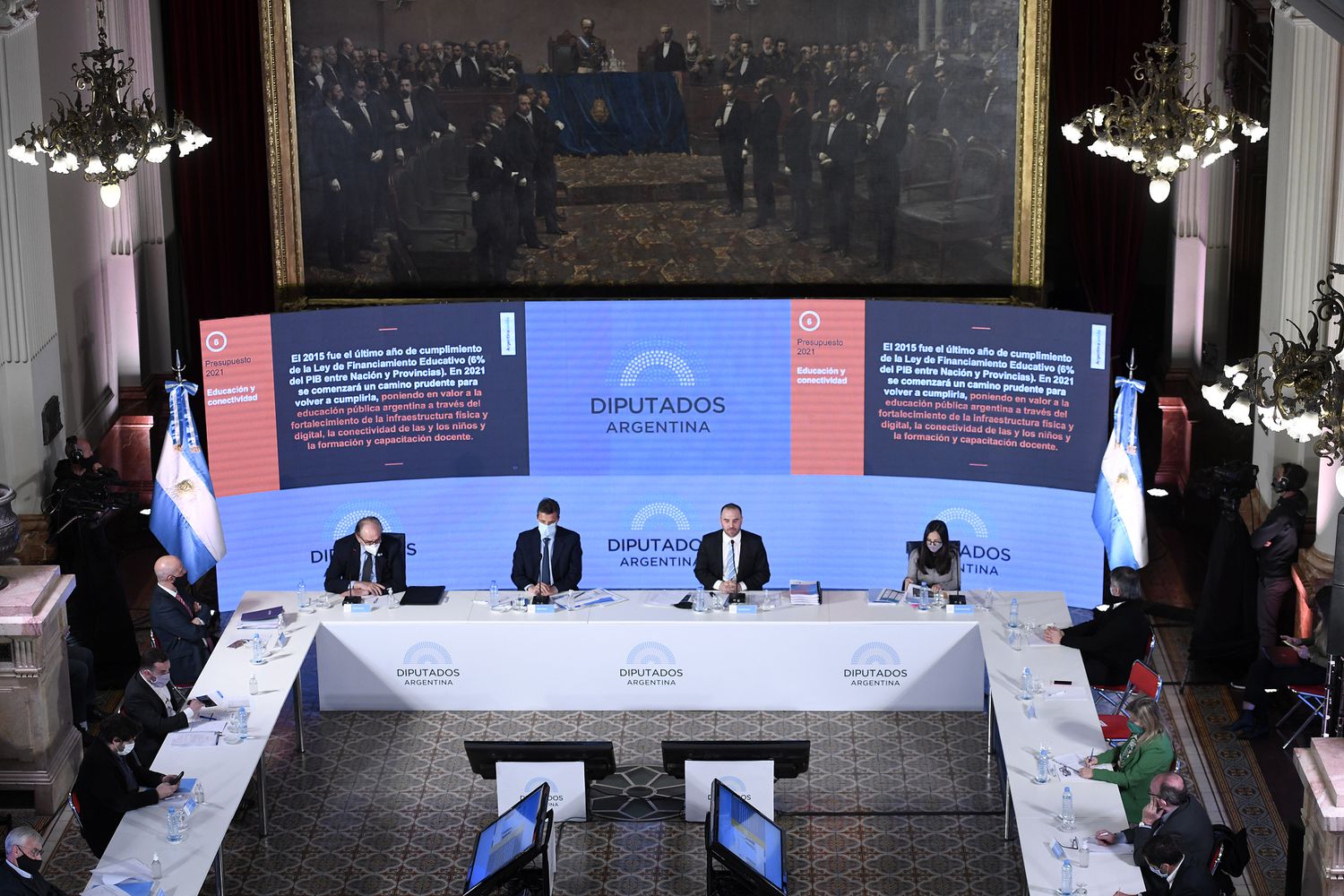by Giovanna Imbernon, University of Coimbra, III, CES
Reviewed by Matheus Lucas Hebling
When I was invited to write about the field of research I am working in, I was overwhelmed by the fact that I have my doubts on how to describe it. I had never heard about Cultural Studies before. It was only when I was accepted at the Ph.D. program on Heritages of Portuguese Influence at the University of Coimbra in Portugal, that those words started to make sense.
As Professor Renato Ortiz (Unicamp) describes in an article from 2004, he also feels this is not a defined subject. Cultural Studies comes from a European and North American approach on subjects that, for those who study society, politics, power, and culture from a Latin American perspective, for example, just seems to be part of the daily struggles of a social scientist. Having Stuart Hall as its main author, Cultural Studies is marked by a heterogeneous and interdisciplinary approach to subjects that may blur the lines between disciplines. However, Hall points out that the expansion of this field would not obey a global trend.
Its close relationship with Literary Studies makes it difficult to define its limits. At the same time, researchers and scholars may see Cultural Studies as a hybrid field and struggle to outline its presence in different contexts. As said by Stuart Hall, there is no “global” in it. Considering local characteristics, Cultural Studies have more than one possible interpretation – they give us an important issue to discuss: how to comprehend culture without making the same mistakes we have always tried to avoid in academia. One cannot treat culture as a solid and homogeneous object. The main thing is to understand, maybe on a higher level, how culture and power are connected, and use some of the most critical concepts from Sociology, Anthropology, Political Science, Literary Studies, Linguistics, and so on, to help us perceive how society presents us with some questions.
From its preliminary development in Birmingham during the 1960s to the first publication of Stuart Hall’s main work in Portuguese in 1992, Cultural Studies started its journey through Brazilian universities, contributing to an extensive study on culture and identity. Perhaps we can notice some significant changes in this field today in Brazil, but the point is I cannot see it from this local perspective.
If I can tell you all something more personal; those arguments make me constantly question the status of my research. Discussing how indigenous peoples were portrayed in Brazilian Literature during the 19th Century but having to do this far away from the subject – since I am based in Europe, and most importantly, in one of the countries which played a major role during colonialism – makes those boundaries hard to define and makes me skeptical. It seems I have betrayed one of the vows I made when receiving my Diploma in Sociology and Political Science; second, how can I examine Brazilian Literature from the outside?
I know there are some questions I cannot find a response to right away and I will probably have to deal with this uncertainty for longer than I thought. However, there is one significant contribution from Cultural Studies: I was able to understand that it is a matter of perspective. Approaching Brazilian Literature from Cultural Studies viewpoints and considering many influences, such as political and symbolic power, institutions, praxis, society, and culture on an object so abstract as ‘representation’, made me open my mind to even more fluid subjects. Even though I was trained to not place things into small boxes, having no definition at all, no name for what you have been doing, gives you this sense of not belonging anywhere.
Having the possibility of changing from one field to another can also be one of its positive traits. Maybe my levels of heterodoxy have increased over the years, maybe it is just a broader view on Social Sciences and how there are infinite perspectives of one issue. No matter what, there will always be something ‘new’ to investigate.
More on:
Ortiz, R. (2004). Estudos culturais. Tempo Social, 16(1), 119-127
Seidel, R. (2018). O debate em torno da emergência dos Estudos Culturais no Brasil. Meridional. Revista Chilena de Estudios Latinoamericanos, (11), 13-46. doi:10.5354/0719-4862.2018.50855






